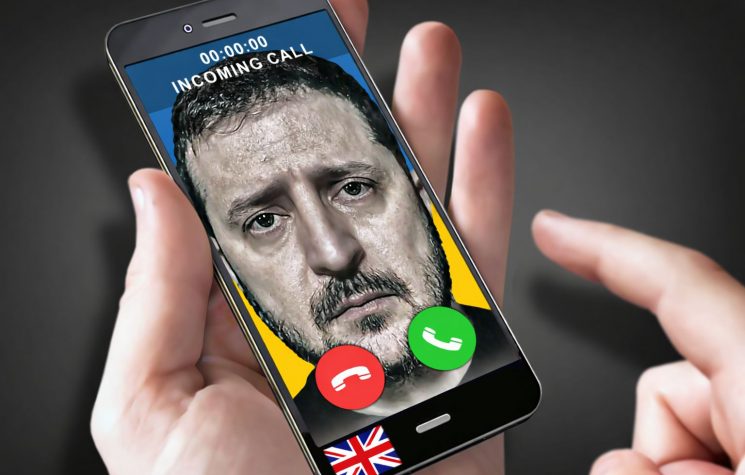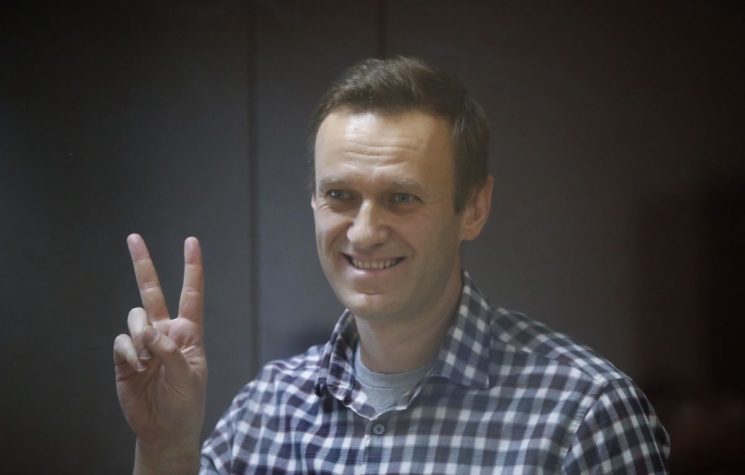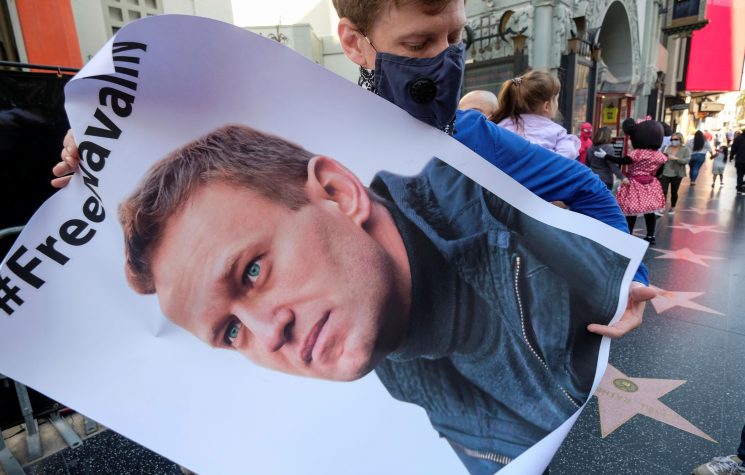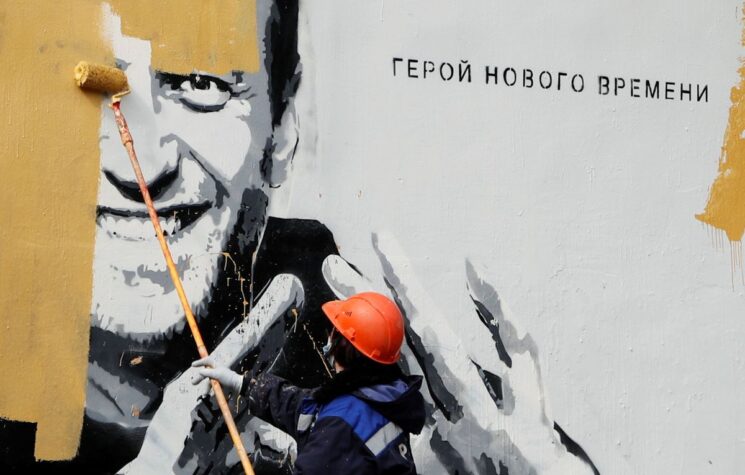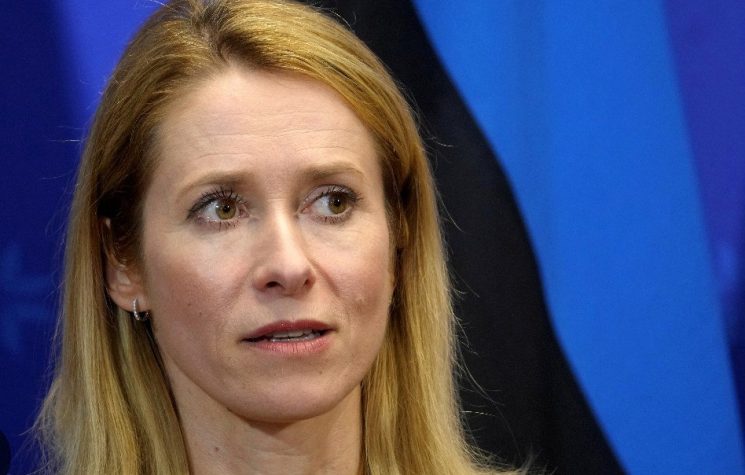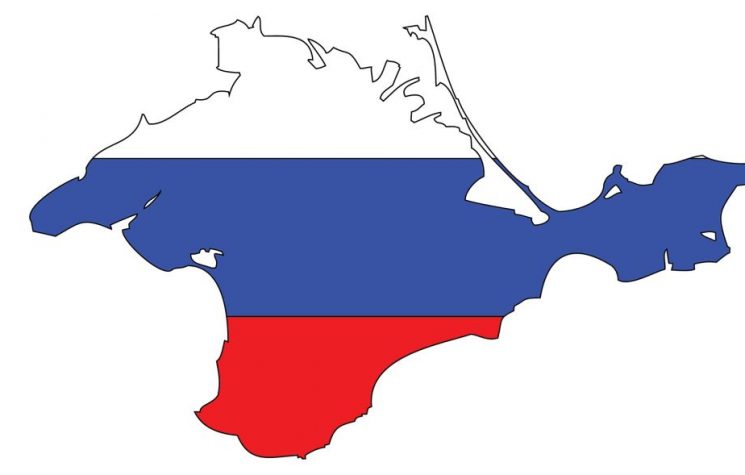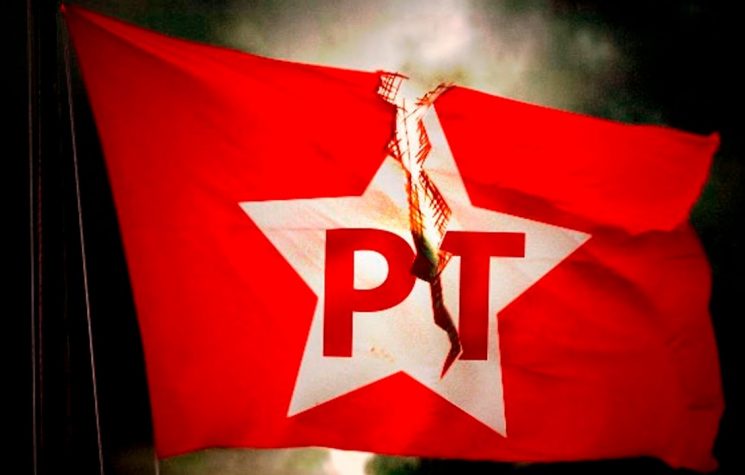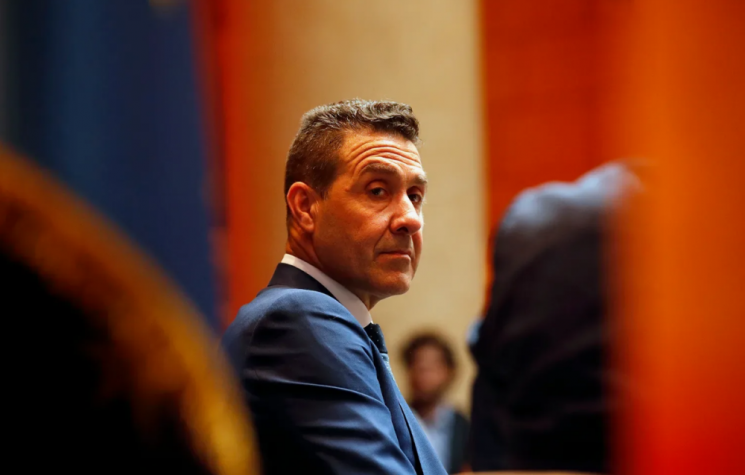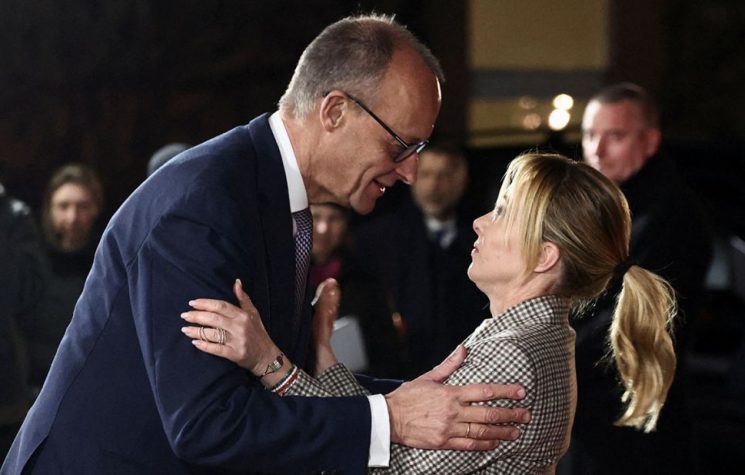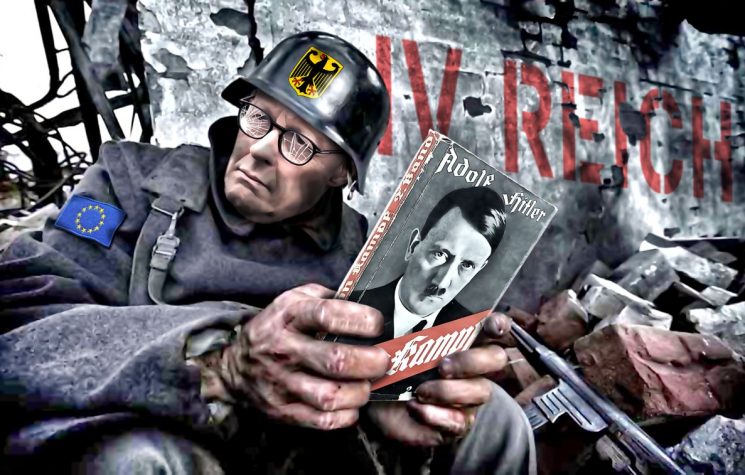There is no doubt Navalny is an asset for Western intelligence agencies assigned to subvert Russia from within with his scripted media antics.
The hallmark of a shoddy, pulp fiction story is it quickly fades from memory. It’s a bit like lots of other made-for-fast-consumption experiences: fast-food, trashy news, infotainment, drugs, or indeed propaganda stunts. It’s sold brashly with gaudy packaging but the intended substance is lacking. Hence, in a short period, the experience and memory vanish leaving a disappointing void.
The alleged poisoning of Russian blogger and political gadfly Alexei Navalny is a case in point. It was one year ago that he dramatically fell ill while on a flight from Siberia. He was rushed to hospital where the Russian doctors stabilized his condition. The medics found nothing extraneous in his body fluids and suggested he was suffering from a medical reaction. Two days later, Navalny was permitted by the Russian government to be flown on a private airplane for treatment in Germany. Within days, the Berlin authorities were claiming he had been poisoned with a Soviet-era nerve agent, Novichok. (After body samples had been analyzed at a Bundeswehr military laboratory!)
This was the same nerve poison that was allegedly used by Kremlin assassins against Russian traitor-spy Sergei Skripal and his daughter in England in March 2018. Remember the Western media kerfuffle over that drama, the diplomatic expulsions and sanctions? Where have all the expressions of concern about that obscure incident gone? Indeed, where are the Skripals now? The British authorities like a conjuror refuse to disclose the whereabouts of the disappeared. The silence is beyond bizarre.
As with the Skripal case, there then followed a torrent of accusations from Western governments and media claiming that Navalny had likewise been the victim of an assassination plot by the Kremlin. There were grave demands for Moscow to conduct a criminal investigation into the alleged poisoning of Navalny.
One year on, Western governments and media have stopped playing to the gallery with unsubstantiated claims about Navalny. Even the blogger himself, who is now serving three years in a Russian jail for financial corruption, has stopped talking about it. Last year, while allegedly convalescing in Germany for five months in violation of his probation terms for an earlier suspended conviction by a Russian court, Navalny made sensational claims that President Vladimir Putin had personally ordered his assassination. Western media indulged and amplified the slander. Then he returned to Russia in January, whereupon the Russian prison authorities detained him and converted his suspended sentence into jail time. Rightly so, too.
Laughably, the prisoner has been free to give interviews to prominent Western media outlets. So much for him being “persecuted in a penal colony”!
Last week, he wrote an opinion piece for the British Guardian and this week gave an interview to the New York Times. Strangely, however, he barely mentions the purported assassination plot that Putin had allegedly ordered. That shows, inadvertently, that not even Navalny has any conviction in peddling the preposterous story.
The contradiction and absurdities in the Navalny saga, as with the Skripal “prequel”, are legion. A detailed account of official communications from the Russian foreign ministry demonstrates how the German authorities have refused to follow basic standards of informational exchange with Moscow on the provenance of claims made by Navalny that have been amplified by Berlin and other Western governments. That refusal, like the British one over the Skripal affair, is a shocking dereliction of diplomatic standards and due process.
As with so many other anti-Russian tropes – from election meddling to cyber attacks – there is an absolute dearth of evidence provided to back up accusations. The accusations are recklessly repeated over and over and thereby take on the appearance of being established facts (The Big Lie technique of Josef Goebbels no less). When in fact the claims are always fiction.
Navalny is a pathetically deluded person. There is no doubt he is an asset for Western intelligence agencies assigned to subvert Russia from within with his scripted media antics. He has a minimal following among Russia’s population and is more famous outside the country than inside simply because his anti-corruption fables and exploits are lionized and projected by Western media who are themselves orchestrated by intelligence services.
His delusions are so rampant that he and his Western supporters don’t even spot the silly discrepancies in their narrative. In his New York Times interview this week, the “upbeat” Navalny describes prison conditions in Russia as “psychological violence”. On one hand, he says there is no hard labor as in Soviet gulags, then he compares his situation as being akin to a “Chinese labor camp”. He says “reading and writing are prohibited” and that inmates are forced to watch hours and hours of state television every day, such as reruns of old war movies (Oh, how torturous!). So, in that case, how does our poor “tortured dissident” find the time to “read memoirs of world leaders”, keep up his social media posts, and give lengthy commentaries and interviews to Western media?
As informed commentator John Helmer points out, there is indisputable evidence that Navalny’s erratic psychological behavior and his dramatic hospital episode last year were caused not by a military nerve agent but by his own addiction to anti-depressant drugs. His abuse of mood-altering substances would fit with his demanding function as a Western propaganda puppet who has to continually produce theatrics and stunts for his handlers.
A year after a ridiculous psychological operation conducted on the international public by Western governments, intelligence services, media and their Russian asset, hardly anybody remembers the story or the details of the plot. That’s because it was always forgettable fiction in the first place.
But, ironically, there is a valuable conclusion, albeit unintentional. What is important to discern and remember is how Western governments are guilty of peddling anti-Russian propaganda dressed up as “facts” and “news”. The Western public in particular needs to grasp that because the “authors” are trying to destroy international relations to the point of inciting military conflict with Russia. And that’s the real story behind their throwaway pulp fictions which you will never read about in Western-controlled, corporate media.







